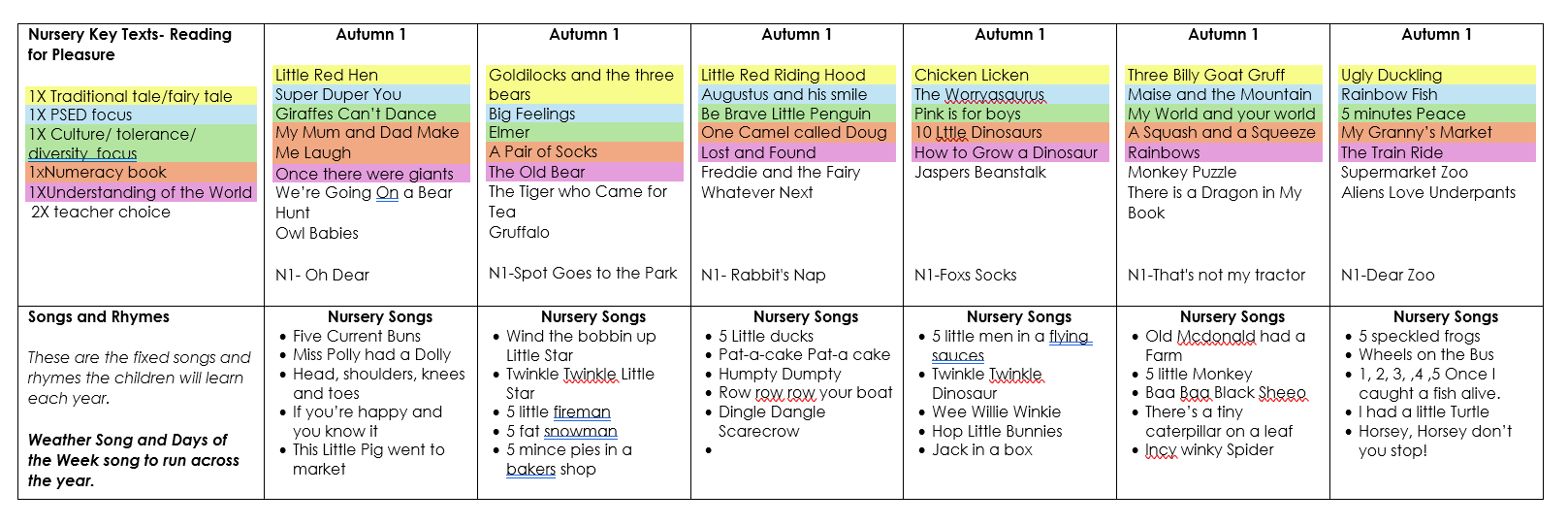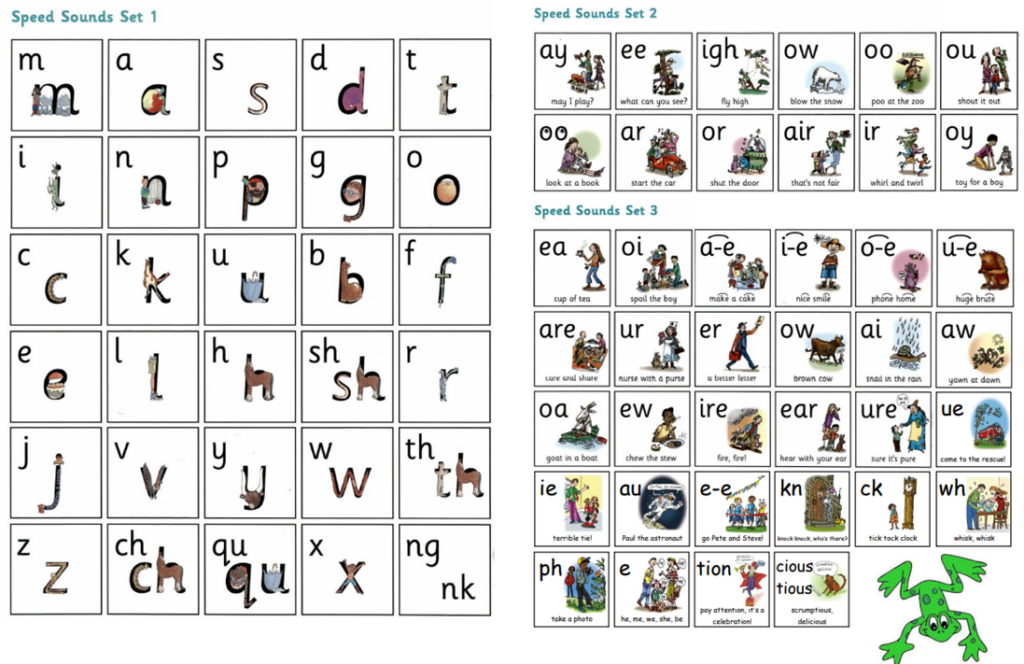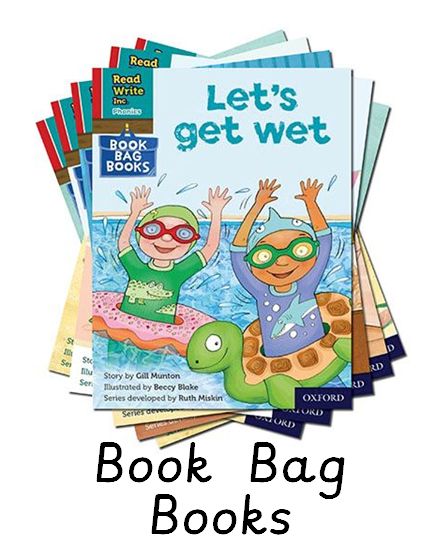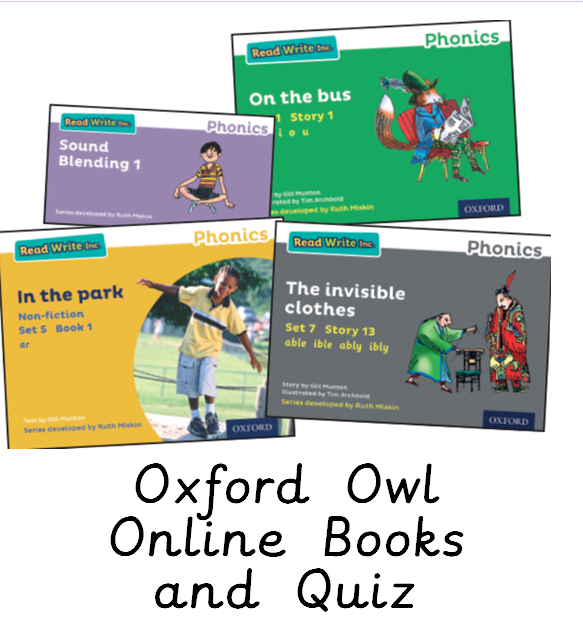Early Reading/Phonics
The more that you read, the more things you will know. The more you learn, the more places you'll go.
- Dr. Seuss

The more that you read, the more things you will know. The more you learn, the more places you'll go.
- Dr. Seuss
At Clapgate, we are passionate about nurturing a love of reading in children from an early age. We believe that early reading is foundational, as learning to read is the most important skill your child will acquire during their time with us. Reading unlocks all other learning, so we dedicate ourselves to ensuring every child becomes a confident and enthusiastic reader as quickly as possible. Our goal is not only to teach children how to read but also to inspire them to love books and develop a lifelong habit of reading for pleasure.
As part of our Early Years curriculum, we have thoughtfully created a list of key stories and poems that our children will know and cherish by the time they leave Reception. Each half term, children are introduced to a carefully chosen selection of high-quality picture books that they revisit throughout the term. This repetition helps them develop a deeper understanding of story structures, characters, vocabulary, and themes while fostering a genuine love for children’s literature.
In addition to stories, we have planned a progression of nursery rhymes and songs for each year group. Please refer to the tables below for more details.
During their time in EYFS, children will also explore our incredible library, filled with a wide variety of books to spark their curiosity and imagination. To further support their development, we use Helicopter Stories, an engaging approach that encourages children to become storytellers and develop their oracy skills.
By combining exposure to rich literature with creative storytelling, we aim to create confident readers and imaginative thinkers.


As a school we have implemented a phonics and reading program called Read, Write, Inc.
Our early reading journey begins in Nursery, where children share daily stories with adults and enjoy access to a wide variety of books in our welcoming and cosy reading area. In Nursery, we aim to foster a love of reading and inspire a genuine motivation to explore books. However, before children can learn to read, they need to develop essential pre-reading skills. These foundational skills include communication and language development, an understanding that print carries meaning, and phonological awareness.
Children in Nursery participate in one to two adult-directed phonics sessions each week. These sessions focus on developing phonological awareness by helping children discriminate between sounds in their environment. By enhancing their listening skills, children learn to compare and identify different sounds, an essential step toward recognising letter sounds when they begin to read. To achieve this, we engage in activities like listening walks, where children identify sounds in their surroundings and use everyday objects and recorded sounds to explore a variety of noises. Instruments are also introduced, and we incorporate body percussion, such as clapping, tapping knees, and stamping feet, often through fun, rhythmic songs like “If You’re Happy and You Know It.” These activities help children develop an awareness of sound and rhythm.
We also explore rhythm and rhyme by reading rhyming stories and breaking words into syllables. These skills are not confined to adult-led sessions but integrated into the children’s play.
Once children enter Reception, they begin their Read Write Inc journey, which tends to run until the Easter of Year 2. RWI is a structured and systematic approach that helps children learn to decode words, develop reading fluency and build comprehension skills. Children are taught in small ability-based groups, ensuring that each child receives targeted support to match their needs. The program includes daily phonics lessons where children learn new sounds and practice blending them to read words. They also read storybooks that align with their phonics knowledge, helping them develop confidence and accuracy. At the end of each half-term, children are reassessed and regrouped based on their progress, allowing us to provide the right level of challenge and support for every learner.

In the Foundation Stage, we begin teaching phonics, which continues into Key Stage 1. Through phonics, children learn to identify and ‘read’ the sounds in words and understand how those sounds are represented in writing. This foundational skill is essential for reading fluency and also supports accurate spelling. We teach children simple, memorable rhymes to recognise these sounds and letters to make learning engaging and effective.
Supporting your child’s phonics learning at home can make a big difference. Here are some tips:
By practicing these strategies and supporting your child’s phonics journey, you’ll help them build confidence and mastery in both reading and spelling.
We understand that parents and carers lead busy lives, but finding time to read with your child as often as possible can make a big difference. Reading together helps your child learn about books and stories, expands their vocabulary, and deepens their understanding of language. It also creates a special bonding experience that fosters a lifelong love of reading. Show your child that reading is important by sharing your own interest in books and making it a family activity. This is why, each week, your child will choose a library book to take home and enjoy with their families. Talk about the stories you read together, ask open-ended questions, and encourage your child to share their thoughts.
Once your child starts reading books at school, they will bring home a Read Write Inc. book bag book that matches their phonics abilities. This will help them practice and reinforce the skills they are learning in class. Additionally, you will receive a login for Oxford Owl, where you can access the storybooks your child has been reading in school. This provides an opportunity to revisit familiar stories and build reading fluency.



The Year 1 Phonics Screening Test is a short, simple assessment designed to check how well children have learned to decode words using phonics. It consists of 40 words and non-words (“nonsense” or “alien” words) that children read aloud to their teacher. To ensure children are well-prepared, we conduct a mock test every half term and share the results with parents and carers, keeping you informed of your child’s progress. Before any half-term breaks or holidays, we will also provide additional games and resources to help your child practice their phonics skills at home in a fun and engaging way.
This website uses cookies, or tiny pieces of information stored on your computer, to verify who you are when you are logged in to the administration area.
We use the following types of cookies:
| Provider | Cookie name | Purpose | Further information |
|---|---|---|---|
| Website | ir_test | This tests whether the device is suppressing cookies | |
| Website | cke | This cookie is used to remember whether you wish to view the cookie notice or not. | |
| Google Analytics | _ga _gat_gat_oxRollUpTracker_gat_UA-***** | These cookies are used to collect information about how visitors use our site. We use the information to compile reports and to help us improve the website. The cookies collect information in an anonymous form, including the number of visitors to the website, where visitors have come to the site from and the pages they visited. | Overview of Google Analytics privacy |
Cookies are used by WooCommerce in a variety of ways.
Cookies depend on specific features that are enabled on a store. The cookies are active when a user interacts with one of these features or to allow admin functions to be performed from within the store’s dashboard (/wp-admin).
Details are provided in tables below, listing various cookies that are set for users of stores with the WooCommerce plugin installed.
| COOKIE NAME | DURATION | PURPOSE |
|---|---|---|
woocommerce_cart_hash | session | Helps WooCommerce determine when cart contents/data changes. |
woocommerce_items_in_cart | session | Helps WooCommerce determine when cart contents/data changes. |
wp_woocommerce_session_ | 2 days | Contains a unique code for each customer so that it knows where to find the cart data in the database for each customer. |
woocommerce_recently_viewed | session | Powers the Recent Viewed Products widget. |
store_notice[notice id] | session | Allows customers to dismiss the Store Notice. |
No personal information is stored within these cookies.
/wp-admin):| COOKIE NAME | DURATION | PURPOSE |
|---|---|---|
woocommerce_snooze_suggestions__[suggestion] | 2 days | Allows dashboard users to dismiss Marketplace suggestions, if enabled. |
woocommerce_dismissed_suggestions__[context] | 1 month | Count of suggestion dismissals, if enabled. |
tk_ai | session | Stores a randomly-generated anonymous ID. This is only used within the dashboard (/wp-admin) area and is used for usage tracking, if enabled. |
What it does: This cookie is used by the Wordfence firewall to perform a capability check of the current user before WordPress has been loaded.
Who gets this cookie: This is only set for users that are able to log into WordPress.
How this cookie helps: This cookie allows the Wordfence firewall to detect logged in users and allow them increased access. It also allows Wordfence to detect non-logged in users and restrict their access to secure areas. The cookie also lets the firewall know what level of access a visitor has to help the firewall make smart decisions about who to allow and who to block.
What it does: This cookie is used to notify the Wordfence admin when an administrator logs in from a new device or location.
Who gets this cookie: This is only set for administrators.
How this cookie helps: This cookie helps site owners know whether there has been an admin login from a new device or location.
What it does: Wordfence offers a feature for a site visitor to bypass country blocking by accessing a hidden URL. This cookie helps track who should be allowed to bypass country blocking.
Who gets this cookie: When a hidden URL defined by the site admin is visited, this cookie is set to verify the user can access the site from a country restricted through country blocking. This will be set for anyone who knows the URL that allows bypass of standard country blocking. This cookie is not set for anyone who does not know the hidden URL to bypass country blocking.
How this cookie helps: This cookie gives site owners a way to allow certain users from blocked countries, even though their country has been blocked.
To enrich our website content, sometimes we may embed video content from other social media websites such as YouTube or Facebook. As a result, when you visit a page with content embedded, you may be presented with cookies from these websites. This website has no control or liability over these cookies set, so you should check the relevant third party’s cookie policy for more information.
We also offer a ‘share page’ widget on some of our web pages, where content can be shared easily on the following sites – Facebook, Twitter, MySpace, Delicious and Digg. These sites may set a cookie when you are logged into their service. This website has no control or liability over these cookies set, so you should check the relevant third party’s cookie policy for more information.
Some links and resources are provided below to assist your understanding of the types of cookies you may encounter.
| Provider | Cookie name | Purpose | Further information |
|---|---|---|---|
| Google maps | NID PREF khcookie | These cookies are used by Google to track how many people are using their maps | Overview of Google privacy |
| YouTube | use_hitbox VISITOR_INFO1_LIVE | YouTube may still set cookies on the user’s computer once the visitor clicks on the YouTube video player, but YouTube will not store personally-identifiable cookie information for playbacks of embedded videos using the privacy-enhanced mode. | Google Technology |
| lang pidmetrics_token | We have the Twitter Share widget in place on the site which makes use of cookies. May include targeted advertising cookies. | Twitter Privacy Policy Twitter Articles | |
| PREF NID | Cookies related to Google. May include targeted advertising cookies used on our social media hub. | Google Cookies Google Types | |
| _bizo_bzid _bizo_cksm _bizo_np_stats | Targeted advertising cookies from LinkedIn. | LinkedIn Cookie Policies | |
| CloudFlare | _cfduid | Identifies a single machine as safe to connect behind a shared IP so challenges do not have to be reissued. | Cloudflare Cookie Policy |
This website will not use cookies to collect personally identifiable information about you. However, should you choose to disable, reject or block our cookies, some parts of our website will not function fully, or in some cases, our website will not be accessible at all.
Most web browsers allow some control of most cookies through the browser settings. To find out more about cookies, including how to see what cookies have been set and how to manage and delete them please visit http://www.allaboutcookies.org/.
For detailed information on the use of cookies within the WordPress ecosystem please visit https://codex.wordpress.org/WordPress_Cookies
Any changes we may make to our Cookie Statement in the future will be posted on this page.
Last Updated: 12/02/21
We regard your privacy as important and any personal information you give to us will be used in accordance with the Data Protection Act and the General Data Protection Regulations.
We do not store personal information about individuals who visit this site except where they provide contact information via our contact us page and contact forms available on various pages throughout the website.
Any information you provide will only be used for the reasons specified and it will not be shared with any third party without your consent, unless required by law.
Your contact details are kept securely and are only accessed by authorised members of staff as part of the provision of school services. If you do not wish us to keep this contact information please tell us.
This website uses Google Analytics which provides statistical data about the usage of the site. This information is not used to identify individuals, but is collected to provide us with an understanding of the areas of interest on our site and how our site is being used.
If you are connected to the internet you will have an IP Address. This may take the form of a figure, such as 333.333.22.1. The address will be automatically collected and logged as part of the connection of your computer to our web server and may be used to determine the total number of visits to each part of the site. This data is not collected and used for other purposes.
This website contains links to other websites. The School is not responsible for the privacy practices of other sites or organisations and recommends you consult the privacy information on those sites.
This policy will be reviewed and updated versions will be posted on the website.
If you have any questions about the use of your personal information, the Information Commissioner is the independent regulator for both Data Protection and Freedom of Information.